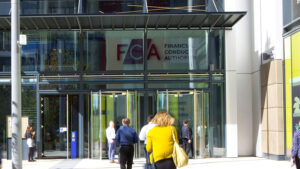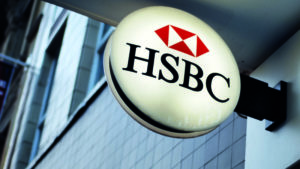Frustration continues to plague Finsbury Growth & Income manager Nick Train, who lamented Q2 as being “another quarter of underperformance” in the trust’s June 2022 factsheet.
While it was a better relative month for Train’s UK equity strategy, the trust’s NAV was down 3.5% and its share price down 4%. Both outperformed the index, however, which plunged 6%.
That minor victory aside, Train wrote: “I rub my eyes in disbelief at the prices of our worst performing shares in 2022 and am sorry for the reduction in the value of shareholders’ savings that has resulted.”
He believes “these price falls are temporary, and the underlying business performance of the offending companies will prove the pessimists wrong and provide reasons for their shares to recover and go on, eventually, to new highs”.
Share prices fall to multi-year lows
The biggest offenders were Fever-Tree, which is down 30%; Hargreaves Lansdown, down 22%; and Schroders, which is down 17%.
“These declines took the shares back to multi-year lows; as long ago as 2012 in the case of Hargreaves,” Train added.
This has not dimmed his confidence and, in fact, “we buy more of them when we can”, Train said.
He pointed to their lack of debt, post-Covid growth and “credible business strategies that promise future growth in sales and profits”.
He described them as “financially sound, highly profitable companies [which] really ought to be successful investments”.
“But these and other holdings seem friendless in current stock market conditions,” Train lamented.
See also: Frustration front and centre in latest Finsbury Growth & Income factsheet
‘Agnostic’ on prospects of a recession
On a brighter note: Unilever, Heineken and Mondelez all rose in value. The 10% boost to Unilever can be attributed to the appearance of activist Nelson Peltz on its board, Train acknowledged.
“I want to emphasise we do not regard companies such as Unilever, Heineken, Mondelez and similar portfolio holdings, Diageo and Relx, as just ‘defensive’ investments,” he wrote.
And by that, he means “the only time to own them is if you fear that stock markets are likely to fall, or economies go into slowdown”.
Rather, these companies “offer the prospect of protection against monetary inflation and the likelihood of real earnings growth over time”.
When it comes to the prospect of a recession, Train described the trust as “agnostic”.
“Perhaps there won’t be one. Clearly the duration of this wretched war will have an enormous influence on energy prices and thereby consumer confidence. We hope it ends soon and expect energy prices would fall and stock markets go up in that event.”
He concluded with: “I recently calculated that companies amounting to 98% of the value of [the] portfolio had increased their most recent dividend.
“In addition, 70% by value had either recently paid a special dividend or were engaged in a share buyback programme, or very recently completed such a programme. It seems the companies we are invested in are financially sound and confident in their futures.
“We are too, whatever the stock market is saying in the short term.”
In the year to June 2022, FGT’s share price dropped 15.6%, with its NAV down 13.2%. Over the same period, the FTSE All-Share was down 4.6%.







